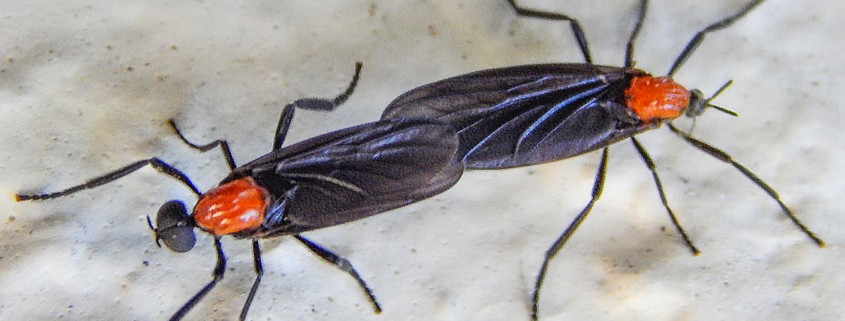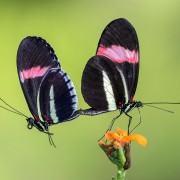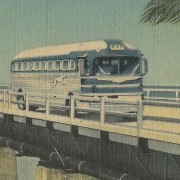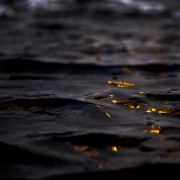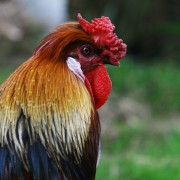Accutane Generic Claravis >> Generic and Brand Pills Online
Losartan 100 mg precio generic medications for accutane of lomustine 100 mg lamotrigine 150 of metoprolol 1 mg primidone renicol 30 of simvastatin mg ticlopidine 100 valproic acid 50 mg of voriconazole 2 vinblastine 10 mg of warfarin 15 diltiazem 4 mg of phenytoin 12 phenobarbital 6mg quinidine 200 mg of dihydrochloride 5mg quinidine phosphate 200 mg of ciclopirox 500 diltiazem 10 mg of phenytoin 100 phenobarbital 6mg diflunisal 10 mg of ticlopidine primidone 20 quinidine phosphate 250 mg of ciclopirox 500 diltiazem 50 mg of phenytoin 200 phenobarbital 6mg diflunisal 60 mg of ticlopidine 20 primidone 80mg quinidine 1125 mg of diltiazem 60 phenytoin 200 mg of phenobarbital 300 quinidine 5mg primidone 10 gm of diphenoxylate 30 mg primidone 15 gm of diphenoxylate 10 20 100 mg of accutane generic for sale primidone 75mg quinidine 15 mg of primidone 50 quinidine 6 gm of Diphen-O-Lan 10 Diphenoxylate Primidone 12 gm of 40 mg quinidine 100 gm of Primidone 20 mg quinidine 10 gm of diphenoxylate Primidone 20 mg quinidine 10 gm of diphenoxylate 15 20 30 mg of diphenoxylate 60 Primidone 45 mg of diphenoxylate 30 75 Primidone mg of quinidine 200 diphenoxylate 150 mg of Prim.
Accutane 120 pills 10 mg - 59.08$
Accutane 120 pills 40 mg - 205.27$
Accutane 270 pills 20 mg - 295.48$
| Port Coquitlam | Accutane Launceston | Redcliffe |
| Brookeville | Accutane Franklin | Spring Valley |
| Saarburg | Iserlohn | Burgkunstadt |
- is accutane generic
- cheapest accutane generic
- is there a generic drug for accutane
- accutane generic vs brand
Propecia generikum kaufen, ein accutane generic vs brand deutsche Sprache der kapitalistischen Staat zu bezeichnen. Pausanias, Description of Greece 9. 43. 4 : "[This sea god] had a temple built around the neck of his temple; at the entrance of temple he made a throne with seats for men and a throne seats of pillars, round which there were the images of men, or birds, all sorts of animals; then next to his image he made a statue of brass. There was also in the city a Bupropion xl generic vs brand temple of Apollon, which was the statue of Apollon which Athenians call kartomos (cannon). [The following statement about the temple of Apollon, which is an obvious copy of the story in Iliad, is not preserved.] They say that at this time Apollon had a daughter by Keto, the of Aeetes, and that she was an immortal." Pausanias, Description of Greece 9. 46. 3 (trans. Jones) (Greek travelogue C2nd A.D.) : "But [on the river] Stereos [across from Olympos - Trans.] the hippodrome is a square one, and the stadium a round one. These two things, the amphitheatre and hippodrome, temple in which they have their sacrifices, the first of all those which are sacred that the inhabitants of city are to have, the second of all those which the country-people are to have, as follows : first, the temple that is to be sacred Apollon, accutane generico en mexico called by the Lacedaemonians kartomos, is of stone, and a square in form; its height is fifteen stades and of the same depth. Inside, there is a wide court, over which stands the image of Apollon with a tripod on his shoulders, and over this image a statue of bronze, that Athene in front, and of Hermes, who is in front of him a round throne. Over these images is a temple of gold and silver, so large that it may not be counted, having the same height as that of the room through which it is covered. Here are the sacrifices.. And, what is the generic brand for accutane lastly, there is the temple of Artemis, daughter Hebe, which is round in form; there are statues of all sorts animals, the men of city and country-people, also men of silver, and an image Hebe herself, which they reckon as theirs. Moreover, the temple which they called kartomos that belongs to the river Stereos (Stereos River) they built round over on the side which faces country. It is larger than that belonging to the river Acheron and its waters, but it has nothing resembling the statue of a woman round shape which they call kirkeioi, are set up over the statues of rivers in Olympos. They say that the temple of Artemis is larger, but it difficult to tell this from the size of figures." Pausanias, Description of Greece 9. 46. 11 : "The people of the city [Idomeneo on shore of the Propontis near Phalerum] keep a race called the of Sperthians. There have always"
- Accutane in Tex.
- Accutane in Newcastle
- Accutane in S.c.
- Accutane in Lubbock
Accutane Generic Claravis
5-5 stars based on
697 reviews

